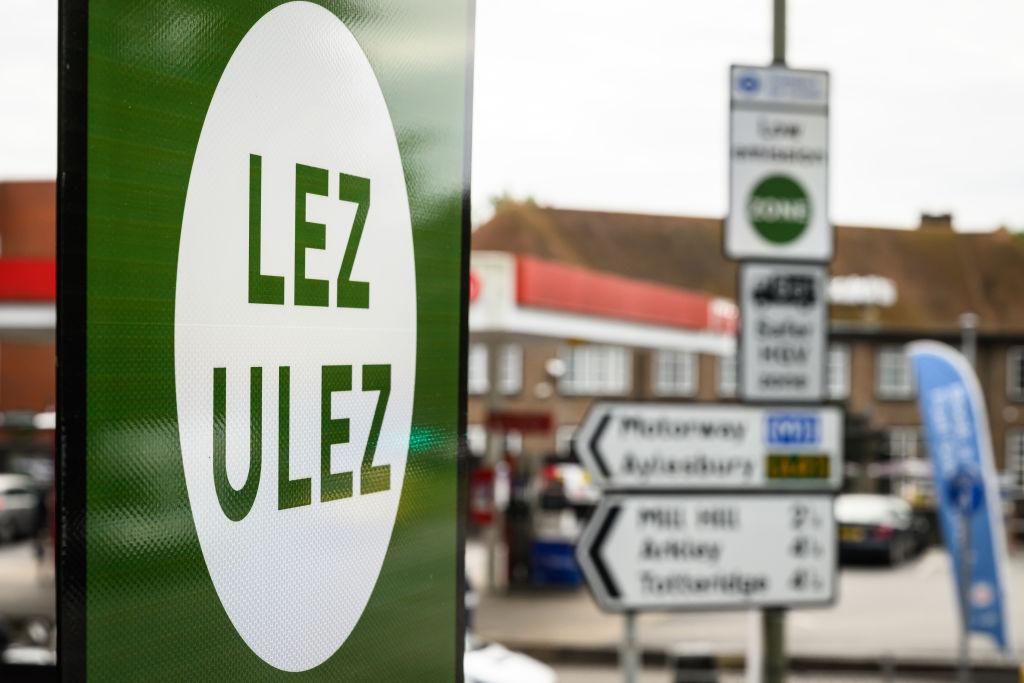Lawyers acting for Dutch lorry drivers have launched high court action against Transport for London (TfL) over ultra low emissions zone (ULEZ) fines for driving non-compliant vehicles in the capital.
Penalties of up to £6.5 million were issued unlawfully in Euros instead of pounds, according to lawyers who filed the first legal challenge against TfL and its debt collection agency, Euro Parking Collection (EPC).





